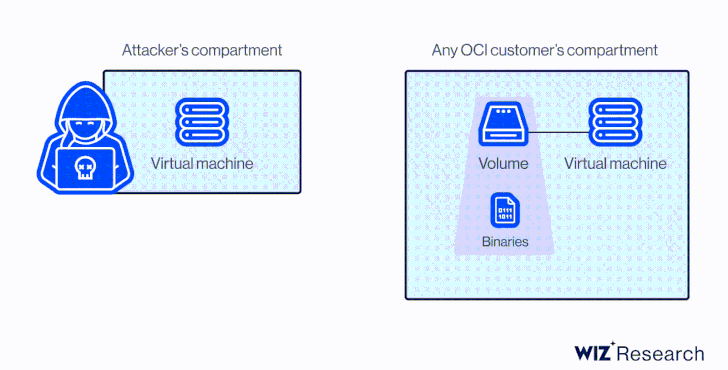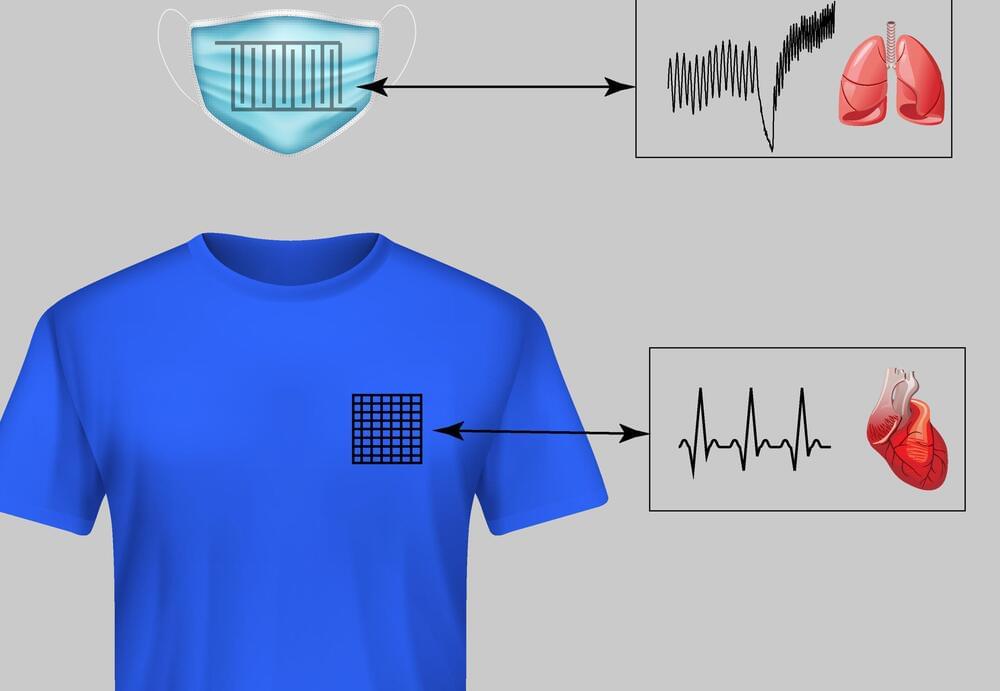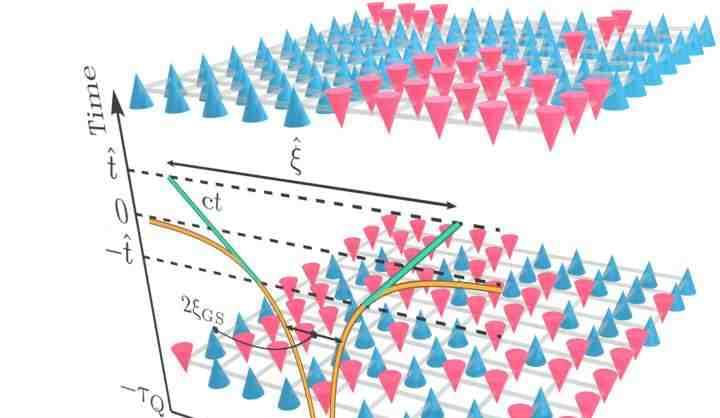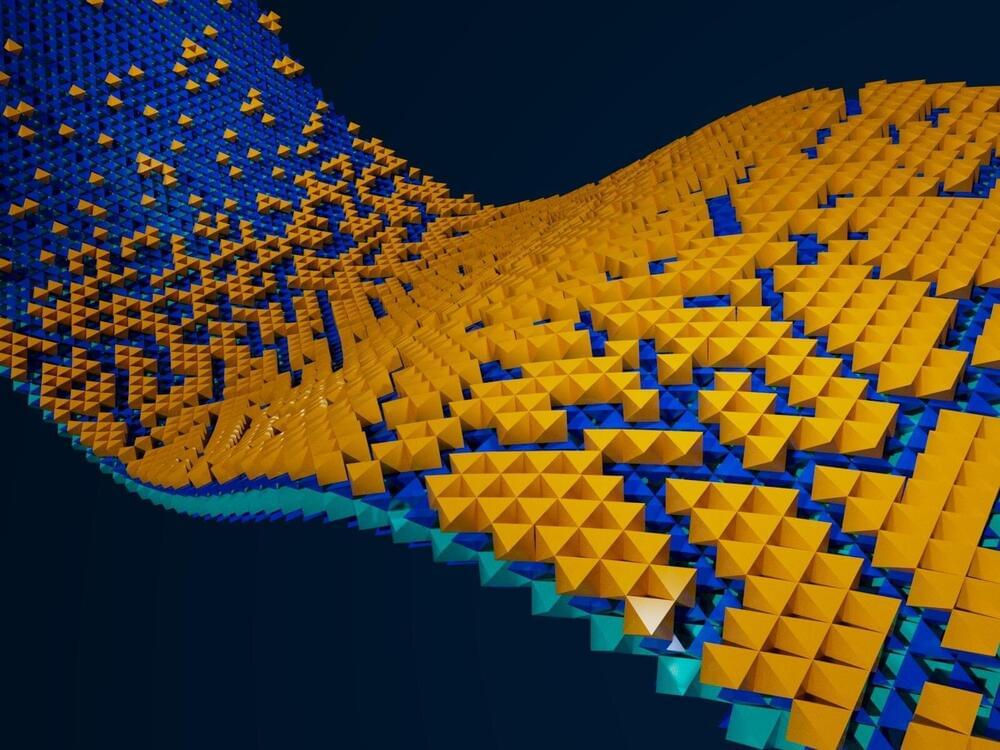What do clouds, televisions, pharmaceuticals, and even the dirt under our feet have in common? They all have or use crystals in some way. Crystals are more than just fancy gemstones. Clouds form when water vapor condenses into ice crystals in the atmosphere. Liquid crystal displays are used in a variety of electronics, from televisions to instrument panels. Crystallization is an important step for drug discovery and purification. Crystals also make up rocks and other minerals. Their crucial role in the environment is a focus of materials science and health sciences research.
Scientists have yet to fully understand how crystallization occurs, but the importance of surfaces in promoting the process has long been recognized. Research from Pacific Northwest National Laboratory (PNNL), the University of Washington (UW), and Durham University sheds new light on how crystals form at surfaces. Their results were published in Science Advances.
Previous studies on crystallization led scientists to form the classical nucleation theory—the predominant explanation for why crystals begin to form, or nucleate. When crystals nucleate, they begin as very small ephemeral clusters of just a few atoms. Their small size makes the clusters extremely difficult to detect. Scientists have managed to collect only a few images of such processes.






